Orkney councillors today agreed on a response to the Scottish Government over proposed legislation which would result in at least 10% of Scotland’s waters being designated Highly Protected Marine Areas (HPMA) by 2026.
The proposals would mean any areas designated as such would remain free from extractive, destructive, and deposition activities while allowing tourism or recreational activities.
However, this would mean the blocking of activity related to fisheries, aquaculture and other infrastructure developments, Orkney councillors were told.
At a meeting of the council’s Policy and Resources Committee this morning, the councillors were asked to approve an updated policy position on HPMAs as well as a response to a Scottish Government consultation on the legislation.
Most councillors stated their concerns over the effect the proposals could have on an islands area such as Orkney.
Councillors were told by officers that the government hasn’t yet said where the HPMA sites would be and will formally consult when they are identified.
It’s thought this would take place in 2025, ahead of the protected areas coming into effect sometime in 2026.
Orkney council delivers late response to Highly Protected Marine Areas consultation
Orkney Council had not left itself the time to deliver a consultation response, which was due yesterday. As such, it was asking for an extension to the deadline.
However, during today’s meeting, Many in the chamber felt the original consultation response prepared by the council’s officers didn’t go far enough.
North Isles councillor Mellissa Thomson said the HPMAs could have a “devastating effect” on Orkney and “decimate what little is left” of the county’s fishing fleet.
She said the HPMAs could even “go as far as to restrict recreational fishing.”
Councillor Thomson also mentioned the response to the consultation from Orkney’s neighbour to the north.
Shetland Islands Council’s response, delivered in March, opposed the HPMA proposals.
She said: “I feel this could be a risk to Orkney as a whole.
“We should fiercely reject every part of the prosal. We should go a step further and seek reassurance that this isn’t going to happen.”
Councillors adopt stronger response than the one put forward by local authority’s officers
The consensus was that the council should indeed deliver a stronger message to the government on the Highly Protected Marine Area proposals than the one put forward by council officers.
After two rounds of voting, it was agreed that the council should tell the government that the impacts of the proposed designations must take local communities into account as a priority.
The council’s response says, where a proposed designation has negative effects on local communities, its introduction will be strongly opposed by the council.
The local authority says this would include opposition via judicial means if necessary.
Formal engagement would also be required between the council and “relevant designating bodies, ahead of formal public consultation on new or amended designation of a protected area in Orkney.
The council has said all the management measures affecting a proposed designation should be shared.
Orkney council also opposes the “arbitrary figure” of at ‘least 10%’ of Scotland’s seas becoming HPMAs.
However, during today’s discussion, some felt the council should resist jumping to conclusions – at least until more information is forthcoming.
Green councillor calls for level-headed decision
Green councillor Kristopher Leask asked councillors to recognise that they are in “the very early days” of what’s being proposed.
He said they still don’t fully know what the Highly Protected Marine Area designations will entail.
The green councillor also said there is “reasonable fear” around the policy. But, he said this is down to the way the Scottish Government had gone about informing people about the HPMAs.
Mr Leask asked the councillors to stay “level-headed and follow the measured response” prepared by the council’s officers.
The green councillor appeared to be in the minority in the chamber, however.
The last to give his opinion was council leader James Stockan.
He said: “We need to support future generations with our resources from the sea.
Decision should be made by working together, not by imposing legislation says leader
“We have more resources from the sea than many areas, particularly the inshore fishing.
“Crabs, lobsters, and scallops should be a resource that should be here for generations to come. We must make sure they’re not exploited.
“But this is a crazy situation – to designate 10% of whatever . . . we don’t know. And it’s not done with the community, it’s imposed.
“All the people in the industry are well aware we have to do something. Fish quotas were imposed in Scotland 30-odd years ago.
“They’ve done their work, but they’ve absolutely destroyed our commercial fishing industry. We don’t have it any more.”
Mr Stockan said having the fish in Orkney waters caught by others is like “having an orchard with someone picking your apples and selling them elsewhere.”
He said “We have to look at the right way to conserve our waters for the future. But that’s not with a national policy imposed upon us, it’s by us working together.”
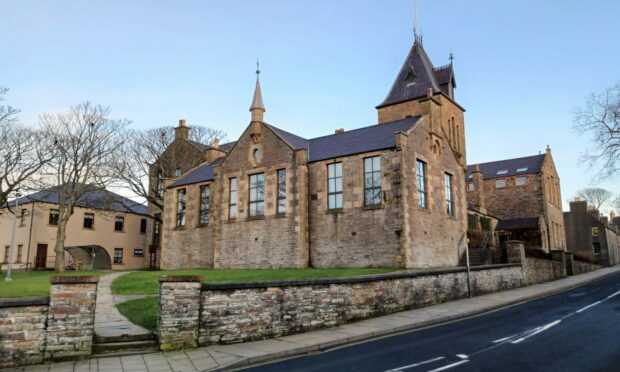
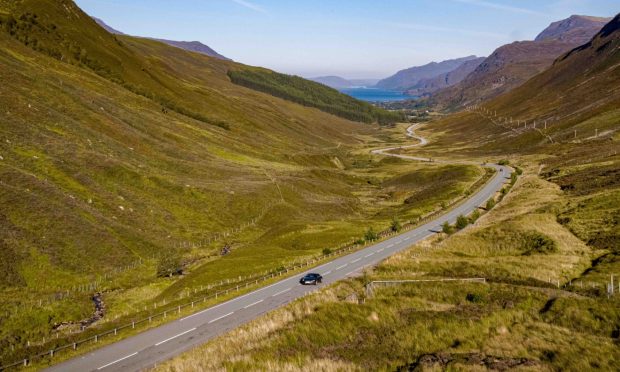
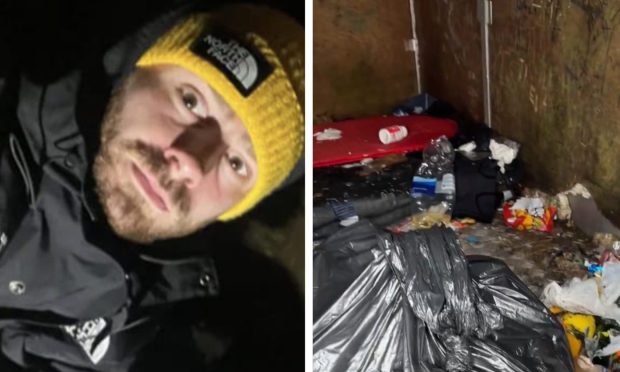
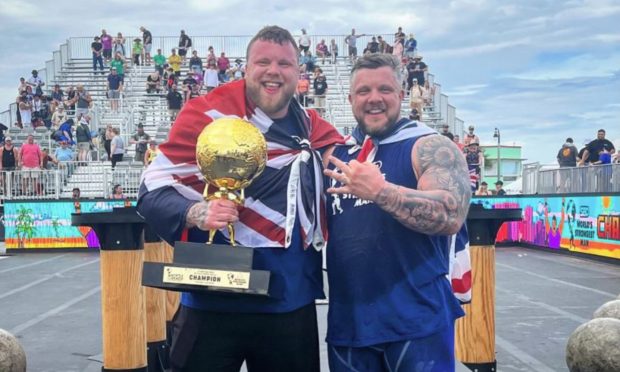
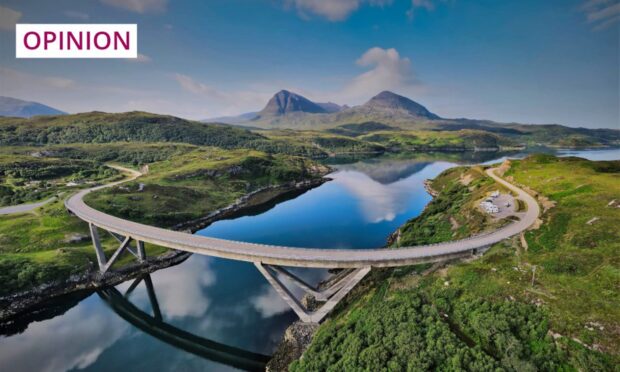
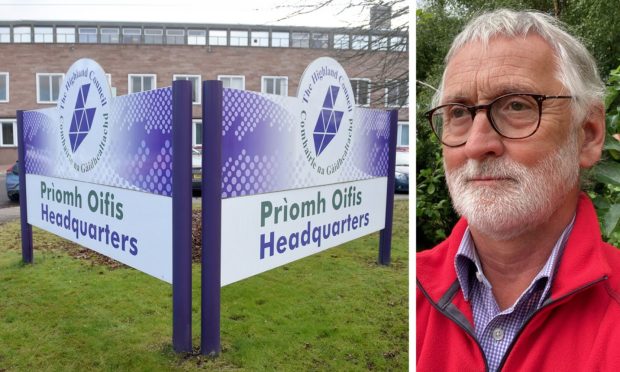
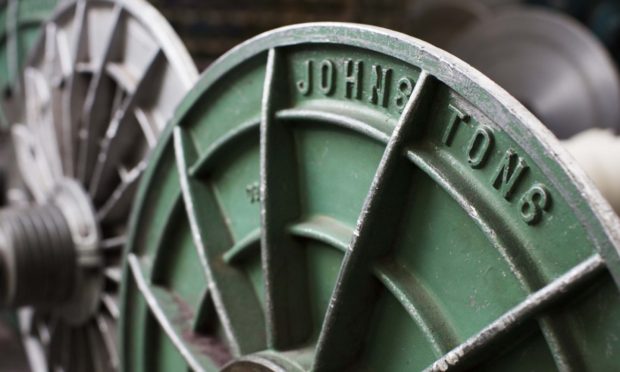
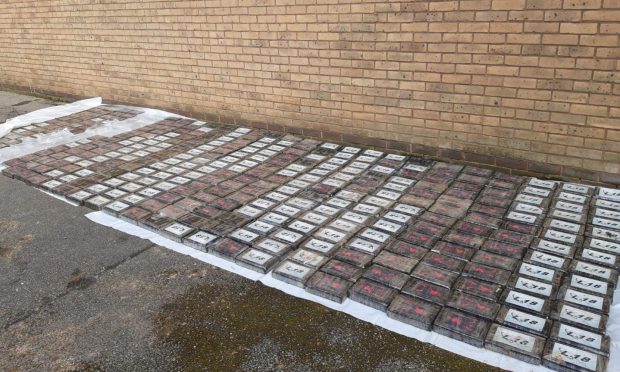
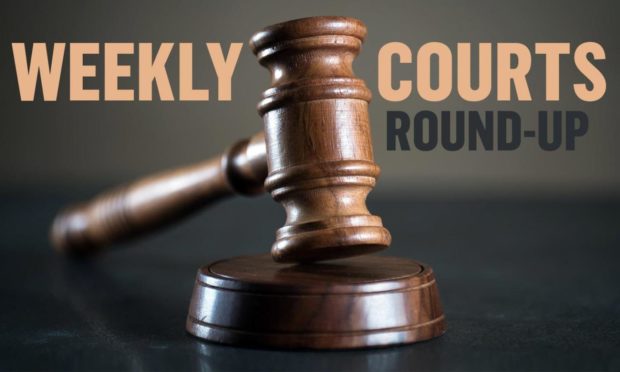
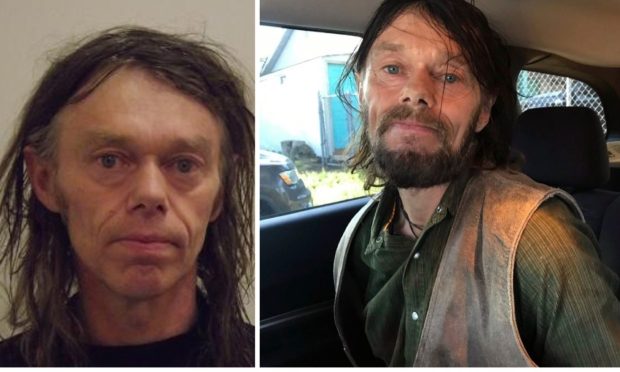
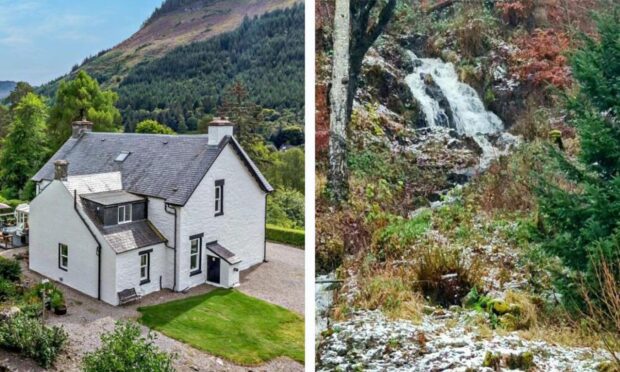
Conversation